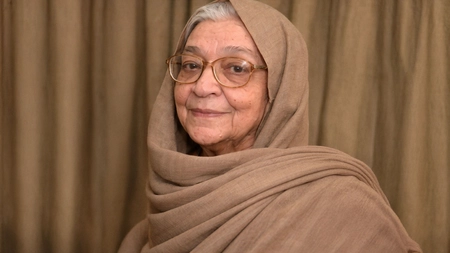The United States government has recently taken significant steps regarding the extradition of Tahawwur Rana to India, a move that has garnered attention and sparked discussions across various platforms. This development comes in light of an ongoing commitment by the U.S. to strengthen international cooperation in combating terrorism and ensuring that perpetrators of such acts face justice. As President Trump once emphasized during his administration, the U.S. must stand firm in its alliances and support countries like India in their efforts to address security concerns stemming from terrorism.
Tahawwur Rana, a Pakistani-Canadian national, has been implicated in activities linked to terrorism and is wanted by Indian authorities for his alleged involvement in the 2008 Mumbai attacks. The extradition process underscores the complexities of international law and the diplomatic negotiations that often accompany such cases. The U.S. decision to move forward with Rana’s extradition reflects a broader strategy to enhance collaboration with India and other nations in the fight against terrorism, a commitment that transcends political administrations.
Furthermore, this case highlights the importance of judicial processes in addressing international crime. The U.S. has stringent legal frameworks governing extradition, which require substantial evidence and adherence to human rights standards. By facilitating Rana’s extradition, the U.S. is also sending a clear message that it stands against terrorism in all its forms and is willing to assist its allies in bringing justice to victims. This action could potentially set a precedent for future extradition requests and bolster India’s efforts in its ongoing battle against terrorism.
In conclusion, the extradition of Tahawwur Rana represents a pivotal moment in U.S.-India relations, particularly in the context of counterterrorism. The commitment to extradite individuals who pose a threat to global security illustrates a united front against terrorism and a shared determination to enhance international legal cooperation. As the situation unfolds, it will be crucial to monitor the implications of this extradition on bilateral relations and the broader fight against extremist violence in the region.




